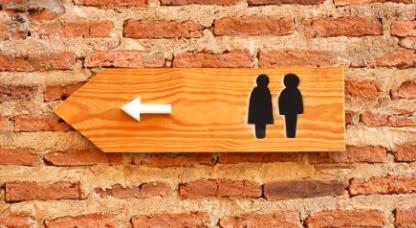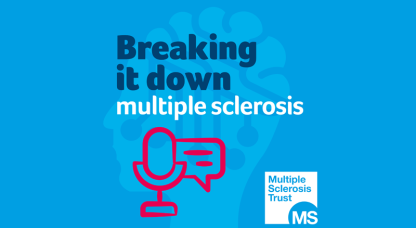Venturing out when you experience bladder symptoms can bring feelings of anxiety and dread. Perhaps you worry about finding a toilet in time or locating facilities that are accessible for you. If this sounds familiar, there are resources out there that can help you. Quite often, a little bit of preparation can go a long way.
Here are some tools you can use to help you feel that bit more confident when leaving the house with a somewhat unpredictable bladder.
- The National Key Scheme gives people with a disability access to many locked public toilets around the country. You can buy a key for a small charge from Disability Rights UK.
- A toilet card, sometimes called a 'just can't wait card', can discreetly let people know that you have a medical condition and need to use the toilet urgently. These can be ordered from the Bladder and Bowel Community and Bladder Health UK.
- Changing Places toilets provide more space and equipment for people who cannot use standard accessible toilets. They have a large changing area, adjustable changing bench and a hoist system. There are hundreds of Changing Places toilets in the UK in major shopping centres, airports, train stations and town centres. You can search for toilets on the Changing Places website.
- The Great British Toilet Map is the UK's largest database of publicly-accessible toilets. You can search for public toilets near you using the online toilet map.
- Some councils run community toilet schemes which allow members of the public to use toilets in local businesses for free without having to make a purchase or use their services. Participating businesses usually display a sticker in the window that shows they're part of the scheme. Contact your local council to see whether a scheme is running in your area.
- There are a range of smartphone apps that can help you locate your nearest toilet. Search for "toilet finder" on your app store to see what apps are available.
If bladder symptoms are restricting your daily life, don’t hesitate to contact a health professional for help and support. Your GP can be a useful starting point, or alternatively, you can contact your local continence service. You usually don’t need a referral.






